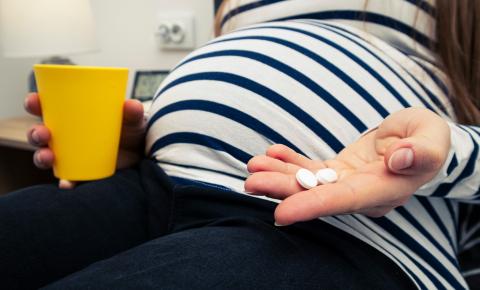Reactions: use of benzodiazepines increases the risk of miscarriage
A study that has analysed more than three million pregnancies with more than 130,000 miscarriages has concluded that the use of benzodiazepines during pregnancy is associated with an increased risk of miscarriage. The results are published in the journal JAMA Psychiatry.

Christiaan Vinkers - benzo embarazo
Christiaan Vinkers
Psychiatrist and Stress & Resilience chair, Amsterdam University Medical Center
This is a very large case-control study, but I think these results have a large risk of confounding by indication, i.e. patients with mental health problems receiving more benzodiazepines.
Benzodiazepine use is very broadly defined, and more stringent definitions lead to attenuated associations. Without a plausible mechanism, and pharmacological assumptions about short-acting vs. long-acting that are untenable, it seems to me that this study should not change current practice.
Of course, we should always be prudent during pregnancy with any medication use. However, anxiety and severe insomnia undoubtedly also have detrimental effects on the mother and unborn child.
Simon Wessely - benzo embarazo
Simon Wessely
Regius Chair of Psychiatry at King’s College London
This is what we call a ‘case control study’. It’s well conducted with big numbers, and I am in no doubt that they found an association. But the big question is, is this cause and effect? And the problem is we can’t tell. There may be plenty of reasons why someone is being prescribed benzodiazepines and is also at higher risk of miscarriage. They did the best they could to control for these, and the association remained, but it’s always an issue in this kind of study. The main lesson is that for lots of reasons we should continue all efforts to reduce the prescriptions of benzodiazepines anyway, especially for anything more than a very short period.
Meng et al.
- Research article
- Peer reviewed
- Observational study
- People



